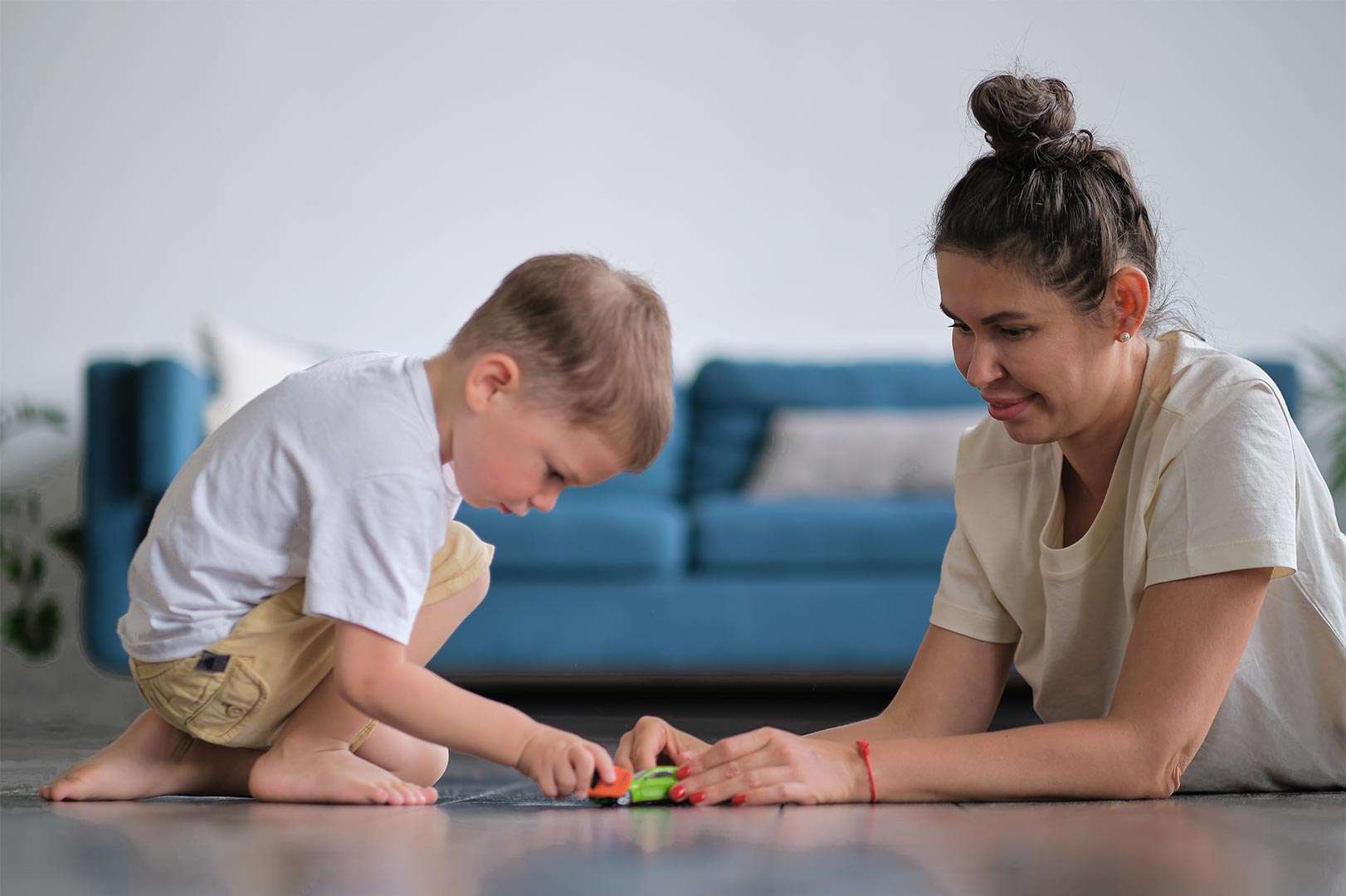Parenting in the 21st century feels like traversing a constantly evolving landscape. Gone are the days of rigid “one size fits all” scripts; today’s families navigate a complex web of influences, trends, and technological advancements, all while grappling with the timeless core values of raising responsible, well-adjusted individuals.
Demystifying Modern Parenting:
Several key characteristics define the modern parenting experience:
- Information Overload: The internet has democratized access to parenting advice, creating both opportunity and anxiety. Parents juggle diverse perspectives, from parenting blogs and expert opinions to peer-to-peer support groups, often leading to information overload and uncertainty.
- Blurring Boundaries: Traditional roles within families are becoming increasingly fluid. Dual-income households and single-parent families demand flexibility and shared responsibilities, challenging the perception of “breadwinner” and “caregiver.” Technology further blurs lines, with children often surpassing parents in digital literacy and navigating virtual realms that parents may barely understand.
- Prioritizing Communication: Gone are the days of unquestioning authority. Modern parents embrace open communication, creating spaces for children to express their thoughts and feelings. This shift requires emotional intelligence and adaptability, as parents navigate sensitive topics and challenging conversations.
- Embracing Individuality: Today’s parents champion individuality, recognizing that each child develops at their own pace and possesses unique strengths and interests. This approach requires personalized strategies and a willingness to move beyond one-size-fits-all methods.
- Technological Revolution: Technology is an undeniable force in the modern family. From screen time concerns to cyberbullying anxieties, parents learn to navigate a digital world alongside their children, balancing opportunities with potential pitfalls.
Challenges and Opportunities:
This shifting landscape presents both challenges and opportunities:
- Finding Balance: Juggling work, relationships, and childcare in a hyperconnected world can lead to exhaustion and burnout. Parents need to prioritize self-care and implement healthy boundaries to ensure they can fully support their children.
- Combating Information Overload: Critical thinking and discernment are crucial. Parents must evaluate information sources carefully, recognizing biases and tailoring advice to their specific family dynamics.
- Maintaining Authority: Open communication doesn’t negate the need for boundaries and guidance. Parents need to find effective ways to assert authority while fostering open dialogue and understanding.
- Embracing Change: Flexibility and adaptability are key. Parenting styles need to evolve as children grow and as new information and technologies emerge.
The Evolving Compass:
Modern parenting is a journey without a defined map. Recognizing the unique landscape and its characteristics can empower parents to make informed choices and navigate the challenges. Ultimately, the most effective parenting tools are a commitment to love, support, and a willingness to learn and adapt alongside our children.
Find out if your child needs extra support today!
- My child screams hysterically
- My child is mean to other children
- My child is always worried
- My child is scared to go to school
- My child is scared of loud noises
- My child doesn’t know how to read
- My child is scared to play outside
- My child does not respond to his name
- My child always gets in trouble
- My child fights with other children
- My child doesn’t know how to count
If you are concerned about your child’s development, contact us for Assessments: Phone/Telegram: 077.455.993 – Telegram Link: https://t.me/OrbRom
If you are concerned about your child’s development, contact us for Assessments.
Phone/Telegram: 077.455.993 Link: https://t.me/OrbRom






Leave A Comment